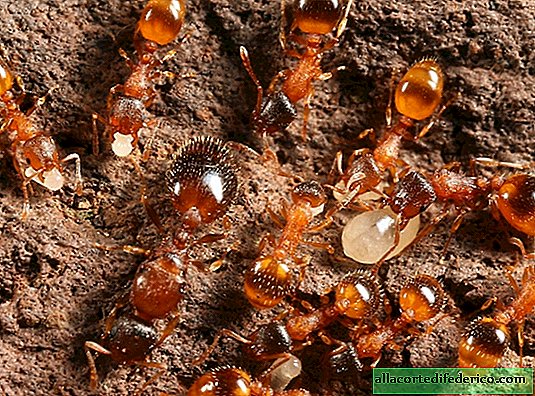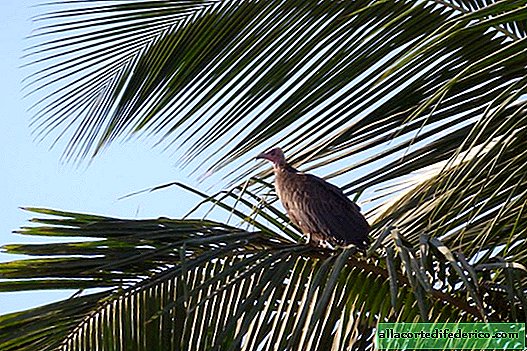Half of the ants in the anthill are lazy people who also benefit
The first word that comes to mind when thinking about ants is "industriousness." However, in 2015, biologists from the University of Arizona reported that a significant part of the "workers" that make up the colony of ants spent most of their time doing one very important task: they did absolutely nothing.
Procrastinating ants
By observing ant colonies in the laboratory, scientists found that on average 40 percent of individuals were mostly inactive, with some changes between seasons, colonies, and species. More than 70 percent of individuals were satisfied with “smoke breaks” at least half the time. And less than three percent of workers constantly worked! Moreover, the studied ants belonging to the species Temnothorax rugatulus are not unusual for nature: similar patterns can be observed in other social insects, even in honey bees.

Researchers believe that such "ant lazy people" can act as a backup workforce. When scientists removed 20% of the most active workers, they found that within a week they were replaced mainly by individuals who belong to the "lazy" group: they increased their activity to make up for the loss of working ants. That is, the colony reacts to the loss of highly active workers, replacing them with inactive ones.
In the wings
Before scientists could prove that inactive ants really just wait for work to be found for them, researchers offered other versions of their laziness: from serving food supplies to laying eggs that their fellow colonies eat. However, none of these hypotheses has been tested experimentally.

To find out what happens if the colony loses a significant number of inactive members, the scientists removed the least active 20 percent and found that these ants, unlike the "labor drummers," were not replaced. However, this does not mean that procrastinating ants are completely useless: on the contrary, they help optimize the work in the anthill in such a way as to distribute all resources as efficiently as possible.

















